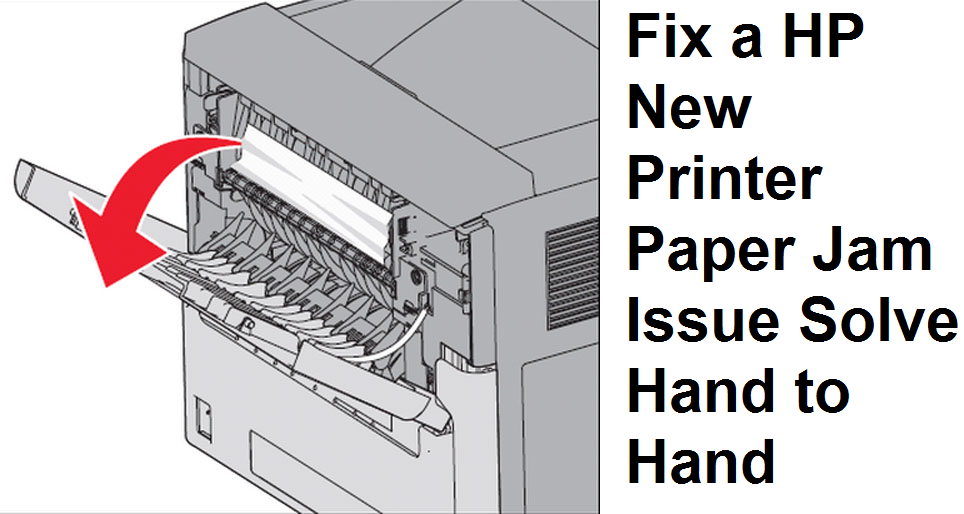
Problem solving skills are among the most important skills that recruiters look for in job candidates. Problem solving abilities demonstrate self-sufficiency and the ability to implement solutions that drive a business’s success.
We all face challenges at work daily. It could be solving an issue for a customer, designing an application, or supporting others. Organisations seek candidates who can identify strategies and ways to tackle work difficulties that may arise. This is why testing problem solving skills pre-interview is critical in the workplace, especially in the dynamic IT industry.
What is problem solving?
Problem solving is a soft skill. A personal strength. It is not a learned skill through school or training. But candidates can improve their skills by familiarising themselves with frequent challenges and learning from mentors.
The best problem solvers are proactive in anticipating future issues and take steps to avoid or minimise the consequences.
Problem solving abilities are related to other skills that include analytical, innovative, and creative thinking, level-headedness, initiative, perseverance, teamwork, adaptability, and flexibility. These are the key competencies of a candidate’s skill set that show reasoning capabilities of evaluating positive and negative solutions to any problem.
Assessing problem solving skills in an interview
The purpose of a problem-solving assessment is for recruiters to assess if a candidate responds to scenarios logically and effectively. Recruiters also want to distinguish between results-oriented candidates and those who buckle under pressure.
The conventional approach
Traditionally, the interview stage provided an opportunity for the recruiter to understand how candidates gather data and analyse a situation where problem-solving questions focussed on past experiences and hypothetical situations. It allowed the candidate to talk about how they would approach a particular problem.
A Q&A session between recruiter and candidate gave some insight into the candidate’s problem-solving abilities. But it is not an objective nor a practical, real-life application to demonstrate these skills. Recruiters don’t fully understand how a candidate assessed the scenario and what steps they took to formulate a solution.
An effective online way
Using an online skills test recruiters can observe how potential candidates apply their problem-solving skills. For example, while hiring a Software Engineer, recruiters can assign a programming test to candidates and successfully evaluate their ability to fix a software bug.
These skill tests are suitable for any job role. They are particularly designed and tailored to see how candidates handle difficult situations they will likely face on the job.
Problem solving and analytical thinking
Problem solving requires the ability to think logically, as well as recall and apply facts and expertise. By breaking down the given material into manageable components and logically organize the information, the candidate’s capacity to analyse and comprehend it from various viewpoints is tested.
Numerical Ability
The ability to interpret and comprehend numbers and related symbols to perform fundamental arithmetic operations is assessed. The assessments can include interpreting graphs and tables, and numerical reasoning challenges that show the candidate’s logic and rationality.
Critical Thinking
The candidate’s capacity to identify and analyse problems by gathering and assessing relevant data to arrive at a suitable conclusion is put to the test. These assessments help recruiters better understand how candidates obtain information from different sources and evaluate data to make business-oriented decisions and communicate their findings.
What skills do candidates need to be good at problem-solving?
Candidates with great problem-solving skills have a combination of both analytical and creative thinking. They’re comfortable with making decisions and confident enough to rise to challenges in the workplace.
These candidates possess a combination of analytical, creative, critical thinking skills and a high level of attention to detail, along with strong fundamentals. As a result, they will quickly identify problems when they arise and identify the most effective solutions. They’ll also identify the factors and forces that might have caused the problem and instigate changes to mitigate future challenges.
What is a good example of problem-solving?
Some good examples of problem solving include a candidate’s understanding of the problem clearly before jumping into solving it, sorting out a technical problem, resolving a bug, serving a demanding client, or acting as a mentor for new interns and explaining the problem in simple terms.
Click Here to Read Full Content - Problem Solving Skills in an Interview




























